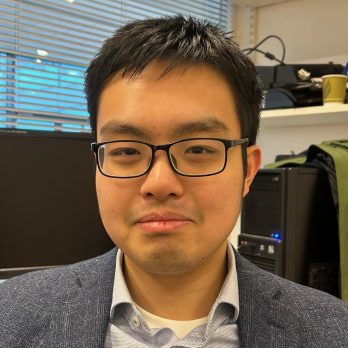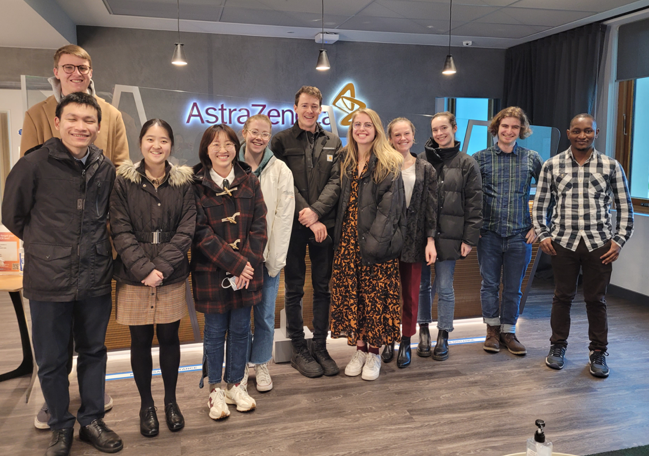Zhengmao Li
Health data science PhD student at The University of Manchester

Tell us a bit about yourself
I am originally from China but came to the UK where I completed an interdisciplinary degree in Natural Sciences at UCL. It was there that I developed an interest in computational and statistical methods of health and biological data. This was followed by a master’s in medical statistics and then I worked in the bioinformatics industry for a year, where I collaborated with clinicians, patients and data scientists to encounter some of the most challenging tumour diseases in China. Over this time, I developed my research vision and an enthusiasm to do a PhD study.
What attracted you to the HDR UK programme?
I was introduced to the HDR UK PhD programme through my university alumni network. To me, this programme offered offered the best conditions for start-up researchers to develop and learn. A good example is the one-year foundation period where candidates are allowed to explore research areas that they have never tried before – a luxury for people on other PhD programmes or who work in industry, where there are usually insufficient resources to try out or to learn for something very new. Out of several possible host universities I chose Manchester for its vast network of relationships with health research and care institutes, such as Cancer Research UK and the Manchester Royal Infirmary, and its welcoming policy for non-EU international students.
What are you looking forward to about the PhD?
I was originally interested in clinical prediction modelling with longitudinal population health data. During the foundation year I have been exposed to single cell-level transcriptomics data and branching Gaussian processes and am looking forward to seeing how these could improve the predictive power of existing population health models.
Do you have plans for the future?
Although I have not fully decided what to do after the completion of my PhD, I wish to make full use of my experience, which ranges from higher education institutes to hospitals and industry in order to develop a research network between all three bodies.
Even though the last decade has witnessed the largest progress in AI and machine learning in human history, not enough of its potential has been applied to human health problems. This requires people with sufficient vision in health and data science, a willingness to challenge and solve problems and an aptitude to collaborate with whoever is involved in this vast interdisciplinary area (clinicians, data experts and patients). This was a problem I recognised working in China and am happy that, via HDR UK, I can be be part of a team that is tackling it.

